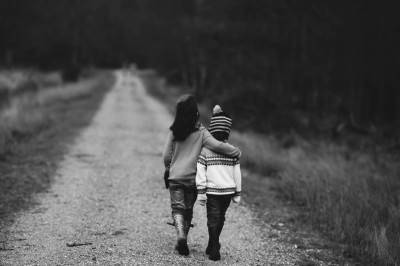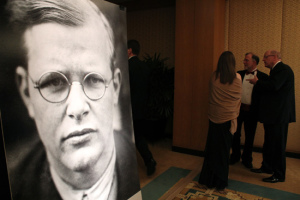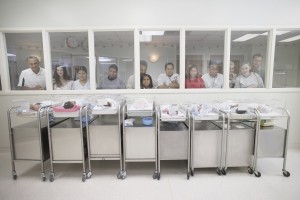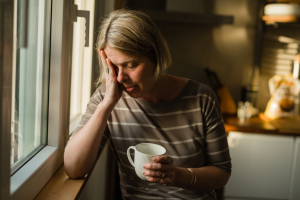Why keeping siblings together in adoption matters

At 10 years old, my identical twin sister called me with life-changing news: she and our youngest sister were going to be adopted by their foster family. It’s a moment I will never forget, and when I replay her words from that day in my head, I still feel the shock.
You see, for the last year, she and I had been separated by a foster care system that did not recognize the value and importance of maintaining sibling connections.
The sibling separation began that first night when my twin and I were sent to one foster home and our two younger sisters were sent to another. Over the next several years, we were taken away from each other three times as we were passed from foster family to foster family. We even spent time in a residential facility which is the least “family-like” setting imaginable. Most of the time, we lived in different homes with sporadic opportunities to spend time together. Almost 20 years later, we are still working through the damage that this had on our relationship.
Eventually, my twin and youngest sister were adopted together, and all I could think about was how badly I wanted to be adopted too. Why didn’t anyone want me? What was wrong with me? I remember one family telling us that they wouldn’t take one of us without taking the other. So I held onto hope that one day we would be reunited.
If you’re looking to adopt, on behalf of the thousands of children waiting for families and praying they will see their brothers and sisters again, please keep brothers and sisters together. Though sometimes there are circumstances where safety and other clinical factors may prevent this from happening, if it is possible, siblings must be kept together as they are adopted into a new family.
Please remember that when siblings enter foster care, they are the “family” that the system should work hard to keep connected; all they have is each other. When that tie is broken, they are forever robbed of a life they could share together.
My twin and my two other sisters have a long way to go as we rebuild our relationship, and truthfully, I don’t know if we'll ever get to a place of full trust. But I do know that I have experienced the power of God’s plan for my life, and I will fight every day so that other kids know they are not alone.
To the children and teens walking the same road I did: don’t give up. There is life after foster care, and you are the best advocate for yourself. I am alive today because I never gave up the hope that one day, I would have a permanent connection through family. I also went to therapy and found a mentor willing to speak truth into my life, to hold me accountable, and to remind me that my inherent worth and dignity is not found in my situation.
In my future, I will be a first-generation college student graduating with a degree in social work. It is my dream to work for a faith-based child welfare organization like Bethany Christian Services one day so that I can help other families and children in foster care facing the same challenges that I did.
I have been on a road to healing over the last two decades and at 29-years-old, I now devote my life to advocating on behalf of children who are separated from their siblings through the child welfare system. During National Adoption Month this November, there is no better time to change our mindsets so that one day no child will have to face losing both their parents and the only people they have left: their brothers and sisters.
Brittney Sherell is the author of A Suitcase and a Dream: My True Story from Foster to Prosper




























